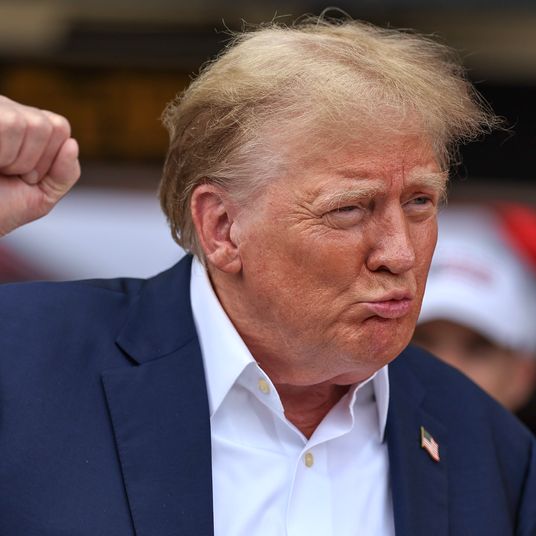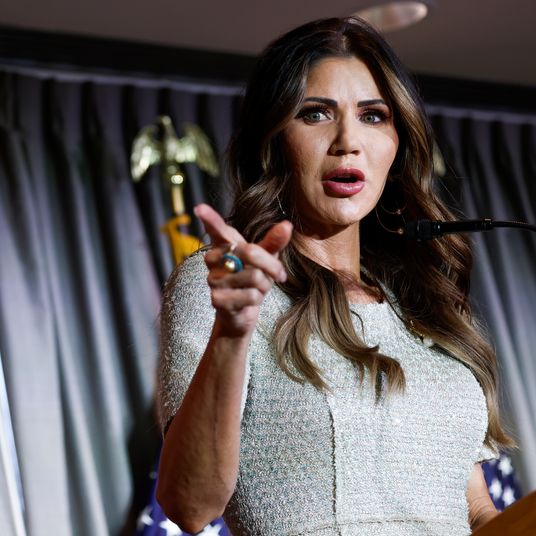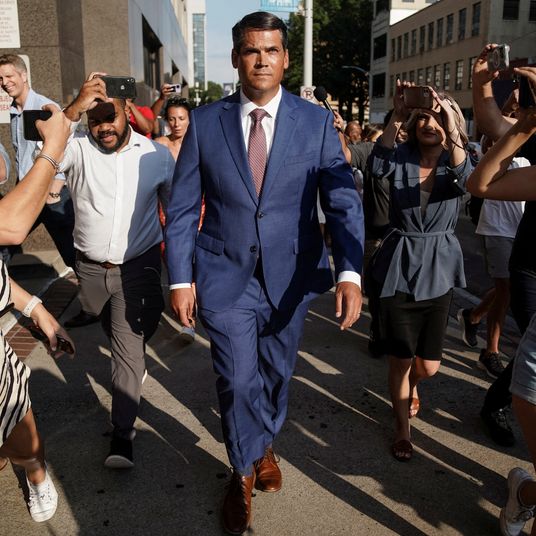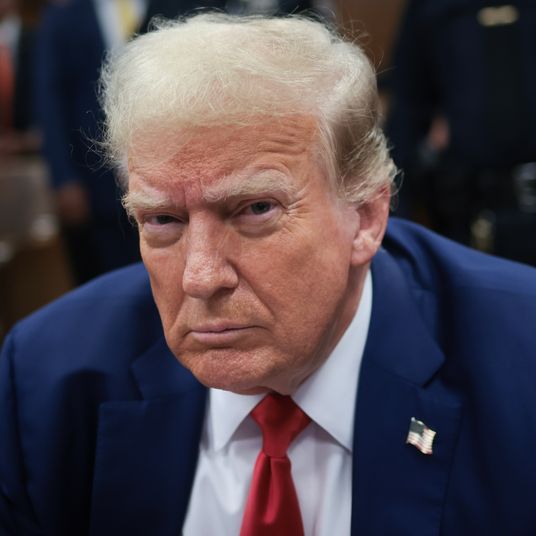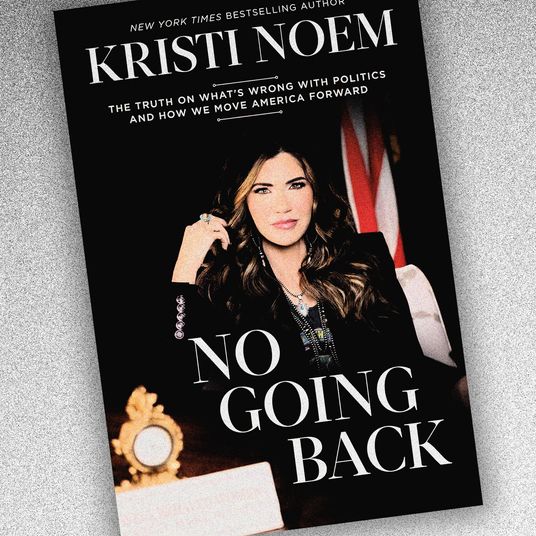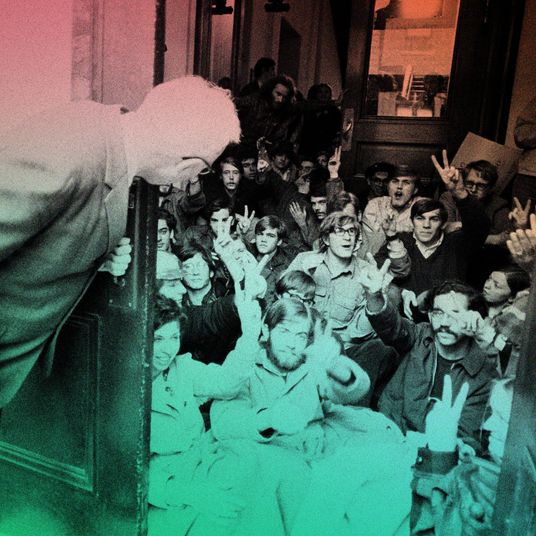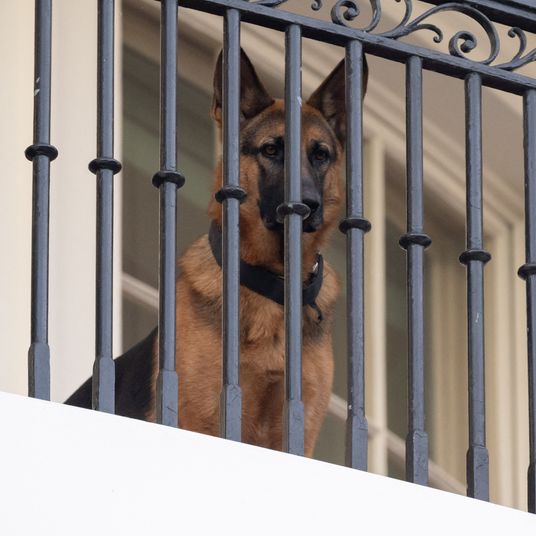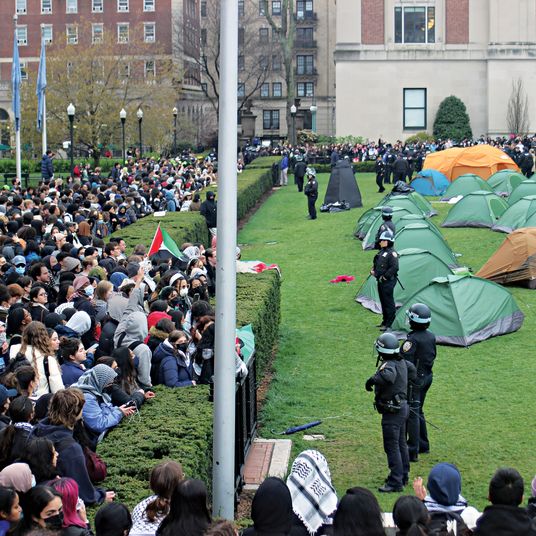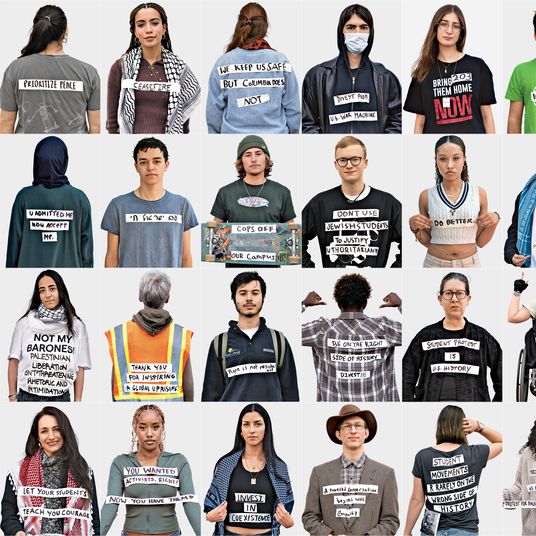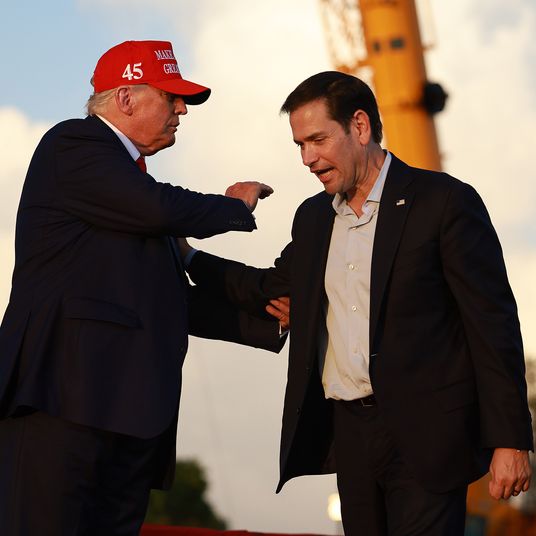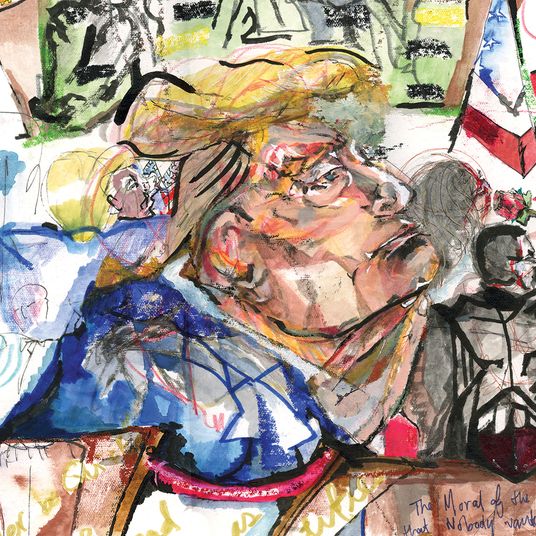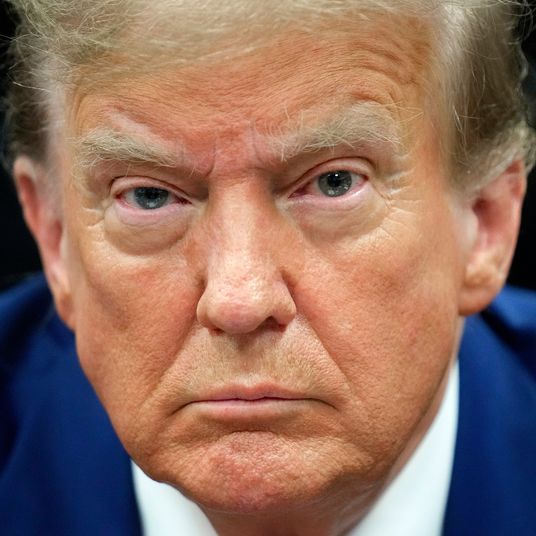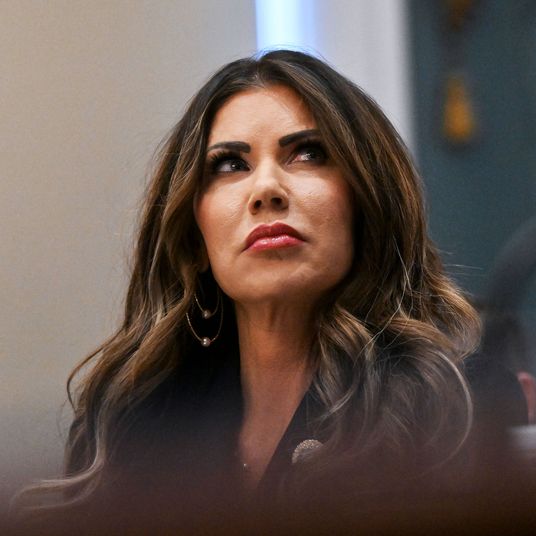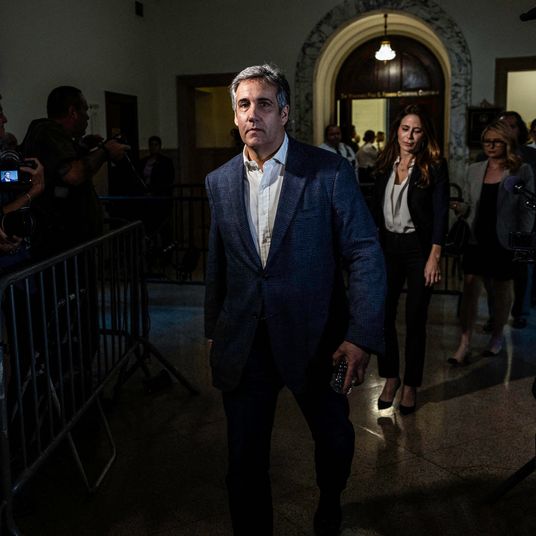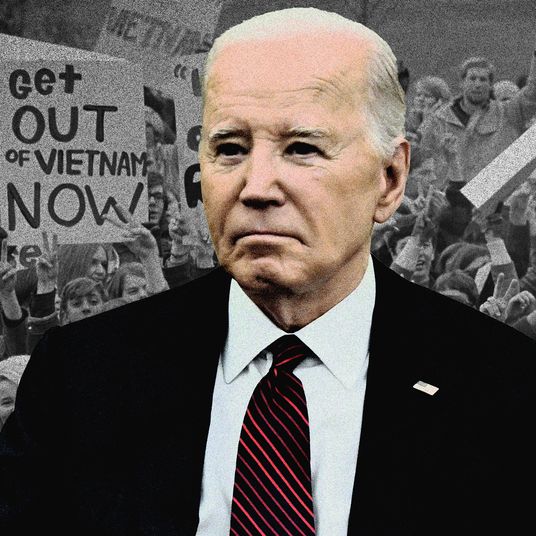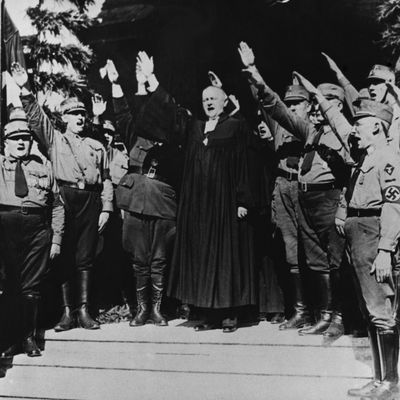
Conservative Christian Never Trumpers frequently lament the MAGA allegiances of many of their fellow believers. Last week, in the wake of Trump’s ominous description of his domestic enemies as “vermin,” The Atlantic published another unhappy take on the alleged apostasy in the Sunday pews by Peter Wehner, a speechwriter for Ronald Reagan, George H.W. Bush, and George W. Bush. He wrote:
It is a rather remarkable indictment of those who claim to be followers of Jesus that they would continue to show fealty to a man whose cruel ethic has always been antithetical to Jesus’s and becomes more so every day. Many of the same people who celebrate Christianity’s contributions to civilization — championing the belief that every human being has inherent rights and dignity, celebrating the teachings of the Sermon on the Mount and the parable of the Good Samaritan, and pointing to a “transcendent order of justice and hope that stands above politics,” in the words of my late friend Michael Gerson — continue to stand foursquare behind a man who uses words that echo Mein Kampf.
The agony of Wehner, Gerson, former Southern Baptist leader Russell Moore, and others over the intense loyalty most of their fellow conservative Evangelicals have displayed to Donald Trump, even as his record and rhetoric have grown more heathenish, is understandable. But they shouldn’t be all that surprised. In the mid-20th century’s great battles over fascist and quasi-fascist threats to parliamentary democracy, support for authoritarian and totalitarian leaders of the political right was generally concentrated among religious Christians who had incorporated secular conservative cultural views (especially nationalism and in many cases antisemitism) into their faith.
Most conspicuously, the ascension to power of Adolf Hitler, the author of Mein Kampf, was accompanied by rapturous support from German Protestants. This was especially true in small-town and rural parts of the country, where the fear of socialism and communism was intense and Nazi racial ideology fed on an antisemitic tradition exemplified by Reformation founder and German cultural icon Martin Luther. A radically racist faction of Protestants calling itself the Faith Movement of German Christians went so far as to advocate the expulsion of Hebrew scriptures from the Bible, and temporarily gained control of the state-subsidized national Protestant Church. But the Nazis soon learned that more orthodox Protestant leaders — including many of those associated with the Confessing Church that resisted state interference in church administration — would pose no threat to Hitler’s regime; all but a few loyally supported the Führer to the bitter end.
Meanwhile, limited Catholic resistance to the Nazis, which was concentrated in the church-backed Center Party, ended with a Vatican agreement (negotiated by the future Pope Pius XII) that protected church privileges in exchange for its abandonment of political advocacy. In a very real sense, both the Protestant and Catholic churches of Germany paved the way to the Third Reich.
Christian complicity with fascism was hardly confined to Germany. The Vatican was from the beginning a staunch supporter of the original fascist regime of Benito Mussolini in heavily Catholic Italy. And to an even greater extent, the Vatican and Spanish ecclesiastical authorities backed Francisco Franco’s rebellion against the democratic Spanish Republic, accompanied by horrific atrocities and leading to decades of brutal recession. Less clear-cut but still significant was Catholic clerical involvement in the lethal World War II–era fascist leadership of Hungary and Croatia, alongside Orthodox Christian support for Romania’s similar regime.
Is this well-known, if often ignored, history simply too ancient to be relevant today? I don’t think so. Like today’s MAGA Christians (as well as Vladimir Putin’s Orthodox Christian supporters and Viktor Orban’s Catholic and Protestant admirers), the 20th century’s Christian fascists believed degenerate leftists, atheists, and Jews were threatening traditional “family values” and the “liberty” of religious people to educate their children and “live out their faith.” And like churchy Trump fans who consider his enemies demonic (a particularly common tendency among the Pentecostal/charismatic Christians, who are the fastest-growing phenomenon in global Christianity) and politics “spiritual warfare,” past Christian apologists for fascism often made anti-communism an excuse for total war and the physical annihilation of unbelievers.
This history does not — I’ll repeat, does not — mean Trump is Hitler or that his conservative Evangelical and traditionalist Catholic supporters are eager for totalitarian murder. What it does mean is that Trump’s religious supporters should not be relied on to restrain his more dangerous tendencies. When you have come to believe that politics represents a metaphysical battle between absolute good and absolute evil on which the salvation of humanity depends, then moderation in the conduct of one’s leaders in that battle is not a high priority, or any priority at all.
The great American tradition of separation of church and state is important not just because it protects people of different faiths, or no faith, from persecution by the government or a religious majority. It can also help prevent the contamination of faith traditions by secular political movements that prey on those who regard cultural change — i.e., the loss of a mythical American Greatness — as unholy. Those who now watch with alarm as the political conservatism of Christians morphs into something anti-democratic and even proto-fascist should have sent up some flares back when the Christian right was just a noisy faction in a relatively conventional Republican Party.
More on politics
- The Wildest Things Trump Said at His Private Mar-a-Lago Donor Retreat
- What Happened in the Trump Trial Today: Judge Threatens Jail
- Kristi Noem Attacks ‘Fake News’ for Questioning Fake Kim Jong-un Story






